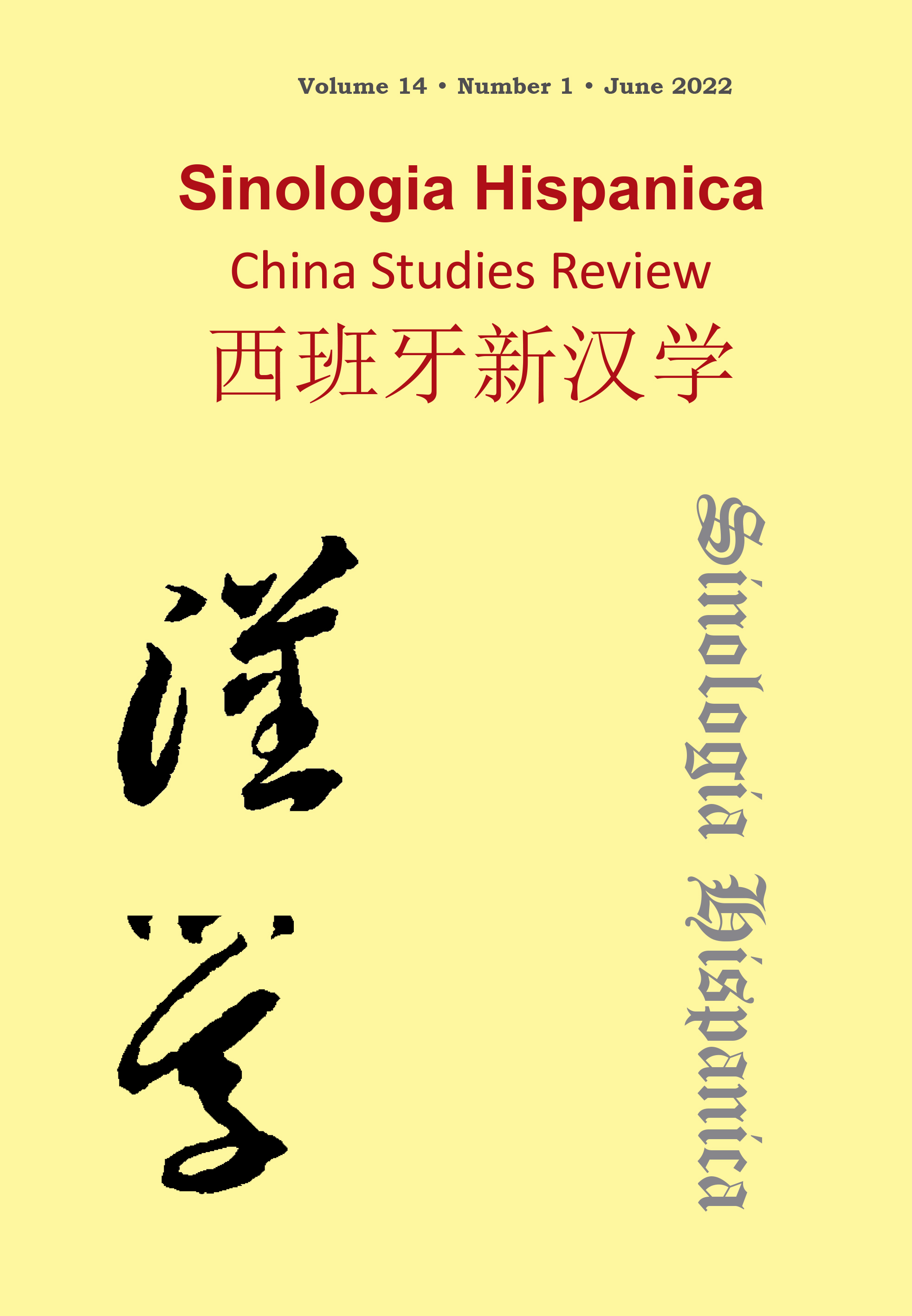La adquisición de la metáfora conceptual en chino desde la perspectiva de la lingüística cognitiva
DOI:
https://doi.org/10.18002/sin.v14i1.7382Palabras clave:
Lingüística cognitiva, metáfora, adquisición de la segunda lengua, enseñanza del chino, gramática contrastiva.Resumen
La lingüística cognitiva descubre las similitudes entre la percepción cognitiva y la percepción de las lenguas, aporta una solución a la interferencia provocada por la lengua materna en el aprendizaje de lenguas extranjeras. Este método interdisciplinar también aporta otra perspectiva al conocimiento lingüístico de los estudiantes de L2. Este trabajo trata de analizar la enseñanza de la metáfora conceptual desde la perspectiva de la lingüística cognitiva, reconstruyendo la estructura cognitiva con estrategias como “categorías”, visualizando los “esquemas de imagen”, construyendo el “modelo cognitivo”, recreando el “contexto cognitivo” y enseñando la “gramática cognitiva”, que no residen tanto en la lingüística sino en el razonamiento visual y el pensamiento lógico, de manera que aporta un enfoque diferente a la enseñanza del idioma chino.
Descargas
Métricas alternativas

Descargas
Publicado
Versiones
- 2024-03-06 (2)
- 2022-11-07 (1)
Cómo citar
Número
Sección
Licencia

Esta obra está bajo una licencia internacional Creative Commons Atribución-NoComercial-CompartirIgual 4.0.
Sinologia Hispanica. China Studies Review considers all manuscripts on the strict condition that
- The authors grant on a nonexclusive basis the exploitation rights (reproduction, distribution, public communication and transformation) of the work accepted for publication to the University of León. The authors can establish, on their own, additional agreements for the non-exclusive distribution of the version of the work published in the journal (for example, placing it in an institutional repository or publishing it in a book), always acknowledging the initial publication in this journal.
- The manuscript is your own original work, and does not duplicate any other previously published work, including your own previously published work.
- The manuscript is not currently under consideration or peer review or accepted for publication or in press or published elsewhere.
- The manuscript contains nothing that is abusive, defamatory, libellous, obscene, fraudulent, or illegal.
- Please note that Sinologia Hispanica uses Turnitin software to screen manuscripts for unoriginal material. By submitting your manuscript to Sinologia Hispanica you are agreeing to any necessary originality checks your manuscript may have to undergo during the peer-review and production processes. Any author who fails to adhere to the above conditions will be rejected.
- Authors are allowed and encouraged to electronically disseminate the pre-print versions (version before being evaluated) and / or post-print (version evaluated and accepted for publication) of their works before publication, since it favors their circulation and earlier dissemination and with it a possible increase in its citation and scope among the academic community.
Sinologia Hispanica is under Creative Commons Attribution-NonCommercial-ShareAlike 4.0 International License. You can read more about this license in versión informativa and texto legal.









